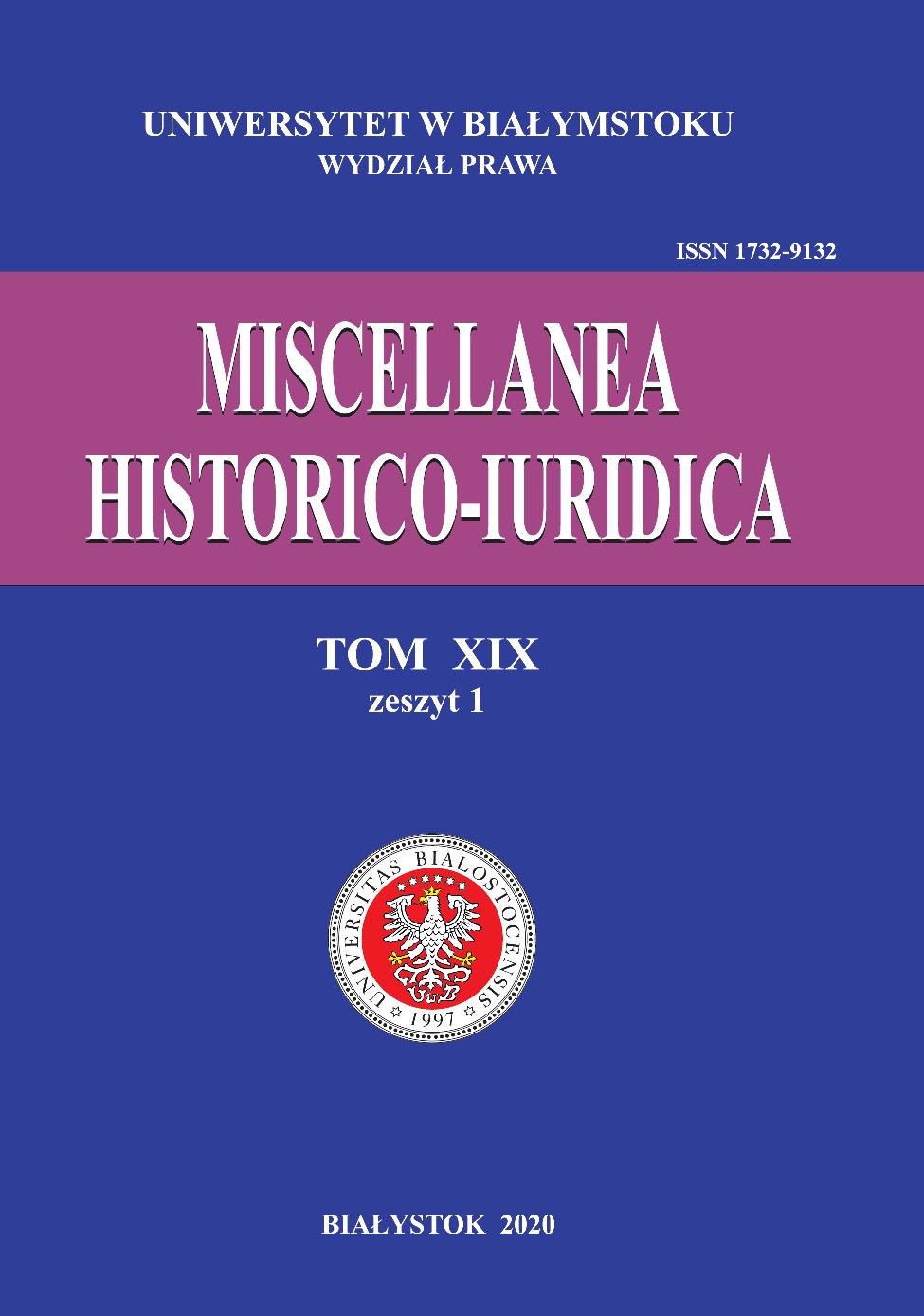Spory o pojęcie dzieciństwa i podmiotowość dziecka od średniowiecza do czasów nowożytnych
Disputes about the concept of childhood and the child’s subjectivity from the Middle Ages to the early modern times
Author(s): Katarzyna DoliwaSubject(s): History, Anthropology, Social Sciences, Cultural history, Social history, Middle Ages, Modern Age, Culture and social structure
Published by: Wydawnictwo Uniwersytetu w Białymstoku
Keywords: childhood; child’s subjectivity; P. Ariés; development of the education systems
Summary/Abstract: The article presents the controversy around the concept of childhood and subjectivity of a child in past centuries - in the Middle Ages and the early modern period. One of the analyzed issues concerns the existence in medieval culture of understanding the child as a being different from an adult. According to the widespread view, formulated in the 1960s and 1970s by Philipp Ariés, childhood in the Middle Ages was not noticed, it was not considered a separate, important stage in human life, a period governed by specific rules, different from important principles of the adult community. The child entered the adult world very early and assumed the role assigned to him. The discovery of childhood did not take place until the 16th and 17th centuries, when it began to be recognized that the child was and should be the subject of special treatment. Ariés' view of the non-existence in the Middle Ages of the sense of separateness of childhood is criticized by some medievalists - they accuse the French researcher of technical defects and an analysis of unrepresentative, too scarce source materials. According to the adversaries of Ariés, the analysis of childhood in the Middle Ages cannot be based on the modern definition of this term, just as considering the relationship "children - adults" in the Middle Ages cannot refer to contemporary categories. Opponents of the thesis about the non-existence of the concept of childhood in the Middle Ages argue that this epoch had its own vision of it, but it was a vision definitely different from the present one. The early modern period bring a new approach to childhood and the subjectivity of a child - the seventeenth century, in addition to the approach that the child placed at the center of family life, promotes an attitude that places particular emphasis on the child's development and fulfilment of its mental needs, while the eighteenth century brings a "romantic" vision of the child when it becomes - as a bearer of exceptional qualities and a creature of extraordinary sensitivity - a role model for adults. The development of education has certainly contributed to the formation of a subjective approach to children; the evolution of the attitude towards children in the human mentality finds its fullest reflection in the development of education and school institutions. Today, the concepts of childhood and the subjectivity of a child are the subject of complex interdisciplinary research - scientists from various fields of science combine their efforts to develop the most complete concept of childhood, corresponding to the challenges of modern times.
Journal: Miscellanea Historico-Iuridica
- Issue Year: 19/2020
- Issue No: 1
- Page Range: 23-39
- Page Count: 17
- Language: Polish

